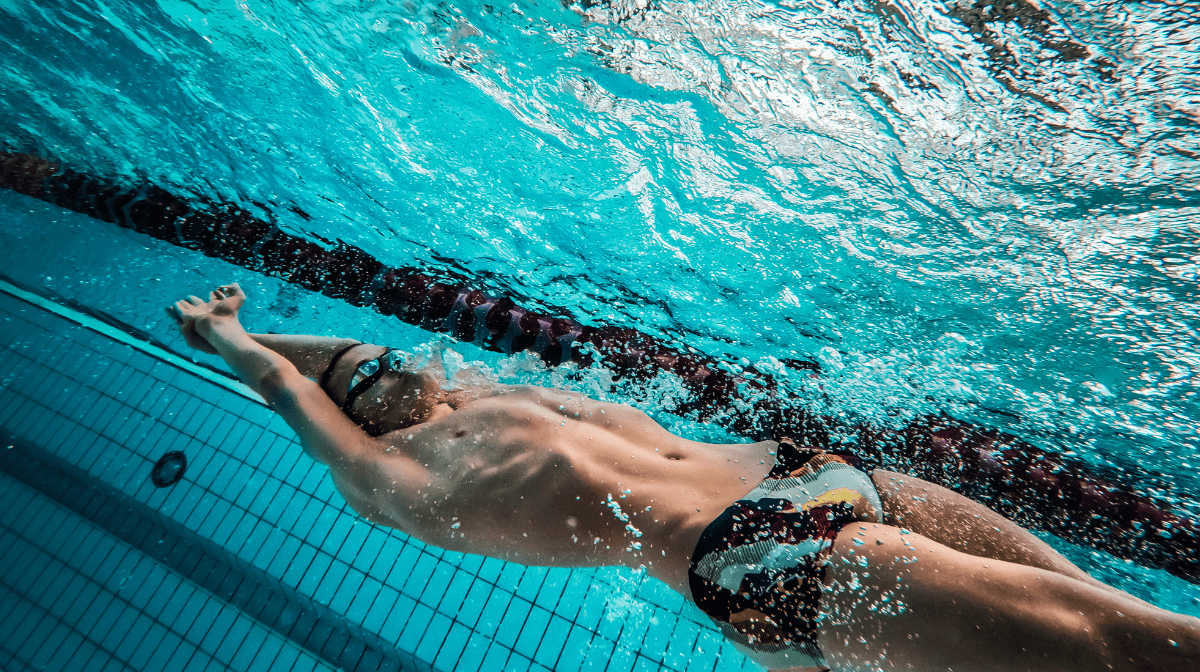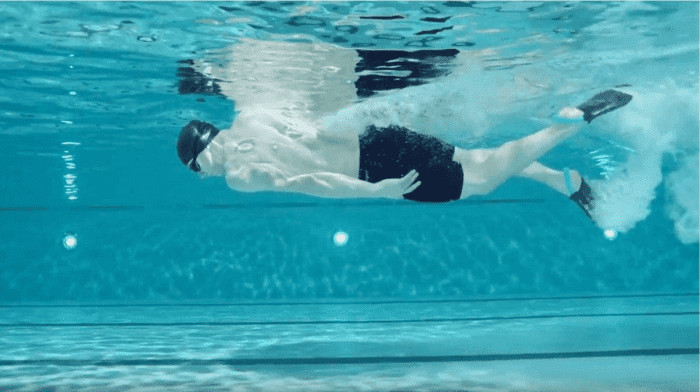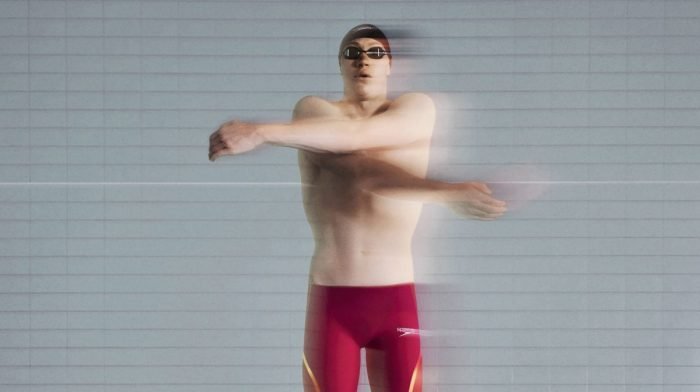Swimming for runners
You might not have realised, but swimming can improve your running – in all areas. Regular swimming workouts aren’t just great aerobic exercise. In fact, the low-impact exercise can help to build strength in key muscle groups too, as well as preventing injury. Which is great news indeed for long-distance runners.
One person who knows the benefits swimming has on his running regime is world-class endurance athlete, author and five-time Guinness World Record holder, Martin Parnell. “Competing in regular endurance races means I often feel stiff from a hard run or cycle session,” he explains. “Swimming is a really brilliant way of loosening up my muscles and re-energising me for my next session. I mix up the strokes (front crawl, breaststroke and backstroke) to get the full benefits, and really exaggerate the stretching component of each stroke – not only does it feel great when I next run, but it helps reduce my chances of injury, too.”
Triathlon and swimming coach Hamish Shaw is another big advocate. “A swimming session is really useful as a recovery session post-run,” he agrees. “It’s an easy, low-impact way to get the blood flowing around the muscles, and when done correctly it’s brilliantly relaxing too. It’s a good idea to add in some whole body stretching once you leave the pool – this allows muscles to return to their normal length after being tightened from hours pounding the pavement. You’ll feel fresh and ready to go for your next run. Try it!”
Swimming for cyclists
It’s not just a run that a dip in the pool can improve. Swimming is beneficial for cyclists, too. Boosting your lung capacity and aerobic efficiency can directly translate onto the bike – just ask Richie Porte, a renowned professional cyclist and Speedo ambassador.
“Swimming is a fantastic tool to use for your endurance, and I feel it’s such a complete body workout,” he says. “When I’m swim fit, it definitely benefits me when I’m on my bike.”
He adds: “It’s no secret that swimmers have some of the biggest lung capacities of any sports people. I find that when getting in the pool, especially if I haven’t done much of it, I can really feel how much it makes my lungs burn. The fitter you get though, the easier it becomes.”
In terms of improving general fitness, you can’t go wrong with swimming, which delivers a total body workout with minimal stress on the body. While it’s not easy, Porte says that the benefits far outweigh the difficulties:
“If you’re willing to put the hard yards in the swimming pool, there are massive benefits to be gained.”
Moreover, as Porte notes, it has a really complementary impact on cycling: “Being in the pool is good for improving your general fitness on the bike. Plus I find swimming so much more enjoyable than any sort of circuit training.”
Swimming to improve core strength and flexibility
As well as improving your cardio capability and strengthening the muscle groups needed to perform on the running and cycling tracks, it’s well-known amongst athletes that swimming can help your core strength and flexibility, too. Celebrity personal trainer and founder of The Viking Method, Svava Sigbertsdottir explains, “Swimming is a great workout for the whole body and your core benefits massively – and that’s something many of us need help with, particularly if we’re sitting at our desks all day, or carrying around heavy bags.
Think about when you’re swimming – you’re twisting, reaching, flexing and stretching your body in ways you wouldn’t ordinarily. In order to do that, you need real power from your core – that’s what keeps the rotational and twisting movements fast and smooth.” The result? Just a few swimming sessions a week and you’ll quickly notice an improvement in core strength and stability, as well as feeling more agile and flexible in general. Another bonus is that many coaches agree swimming can help lengthen your hip flexors too – which means an increase in range of motion and less chance of lower back pain.
See you in the pool!
Disclaimer: Always consult with a professional healthcare provider before starting any diet or exercise programme, if you are pregnant or if you are potentially suffering from a medical condition.









